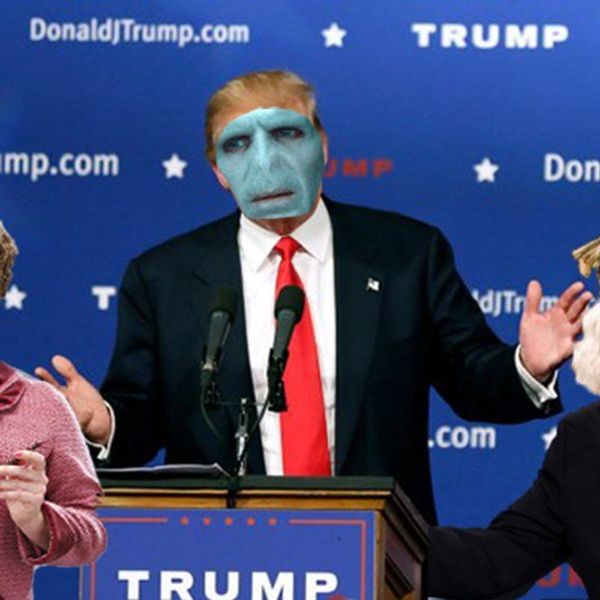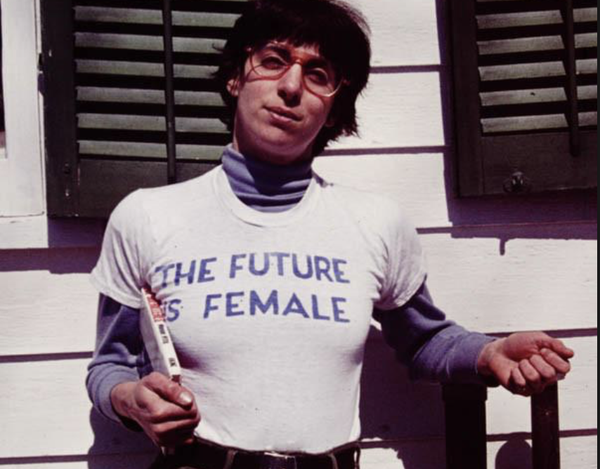A recent Sky News investigation has found rampant child labor at mines in the Congo, with children working nearly 12 hours per day for less than 8 pence (10 cents) each day. Children, as young as the age of 4, work to sift through stones all day to pick out cobalt, an essential mineral component of batteries used in smartphones, laptops and electric cars.
These children are among the approximately 150 million children worldwide which UNICEF estimates are exploited under child labor. The children found in this investigation were exploited under slave-like conditions, digging mining tunnels by hand without protective equipment and under the threat of beating if they mess up. Makumba Mateba, a native, claims his village’s water has been contaminated by the mines. The only drinking water available comes from the mining sites after the minerals have been washed, and he attributes his health complications and the huge tumor on his throat to this fact. Doctors in the village of Kimpesa noted the plethora of mysterious illnesses and infections babies are born with as a result of cobalt exposure.
The billions made for multinational companies, like Apple and Samsung, are made at the expense of stripping the childhoods away from child laborers, as their frail backs and little hands endure these dangerous working conditions at cobalt extraction sites. And these human rights concerns for children and families in the Congo are particularly urgent considering the ever-increasing demand for cheap cobalt, one of the most expensive materials inside lithium-ion batteries. According to battery consultant Christophe Pillot of Avicenne Energy, cobalt demand for batteries is expected to double by 2025.
As reported in the Sky News investigation, the Democratic Republic of the Congo (DRC) produces 60% of the world’s cobalt, one fifth of which is extracted by hand or by artisanal miners. The extracted cobalt is then sold to mostly Chinese traders who work to strike the best price rather than inquire about conditions or methods of extraction, and sell most of it to international exporter Congo Dongfang Mining (CDM), a subsidiary of Zhejiang Huayou Cobalt (Huayou Cobalt), responsible for supplying the largest battery makers.
A 2016 Amnesty International report found that few regulations require companies to trace their supply chains to the root of extraction, which eases deniability. The report further documented a potential DRC cobalt supply chain – based on publicly available information – which trails to known electronic manufacturers including Apple, HP, Dell, and Samsung.
The high concentration of cobalt in the DRC coupled with little regulation, make chances that your smartphone contains a battery with cobalt hand-picked by child miners, highly likely and an extremely heart-wrenching possibility.
According to Sky News, several tech and auto firms have contacted the news organization, reporting plans to review their protocol and improve conditions as opposed to severing ties altogether. Since the investigation, Huayou Cobalt has refused to apologize for its use of child labor, and its Responsible Sourcing Manager, Bryce Lee, maintained, “we are proud of our work in DRC.” Apple has since instructed that Huayou Cobalt temporarily halt all sourcing of artisanal mines until they confirm the process is free of child labor, going on to claim that breaking all ties with the mines would “be harmful to communities who rely on this mining for their income” (an "income" noted by the investigation to be less than 8 pence or 10 cents a day). Apple’s statement further read,
“Apple is deeply committed to the responsible sourcing of materials for our products and we've led the industry in establishing the strictest standards for our suppliers. We were the first company to map our cobalt supply chain down to the mine and 100% of our smelters are participating in independent third-party audits…We know our work is never done, and we will continue to drive our standards deep in our supply chain. If our suppliers are unable or unwilling to meet our standards then we suspend or terminate business with them."
This comes several months after an investigation by The Washington Post in September 2016, which made similar discoveries and Apple committed to working with Huayou Cobalt to address these human rights violations within their own supply chain.
A video posted by Sky News on Facebook regarding the results of this investigation has over 30 million views thus far. The sad reality is, however, that child labor and modern-day slavery does not end at cobalt mining but permeates nearly every industry through a lack of transparency regarding companies’ sourcing of raw materials and a lack of workers’ rights throughout the entirety of their supply chains. I would strongly urge you to read further about your slavery footprint and the way in which we all may be contributing to this human rights issue through our choices as consumers.
This reality leaves us with a 21st-century paradox: progressive tech advances and the regressive treatment of human beings. We need to change a system that, when innovating, does not forcefully address the brutal and heinous conditions which make that very innovation possible.





















